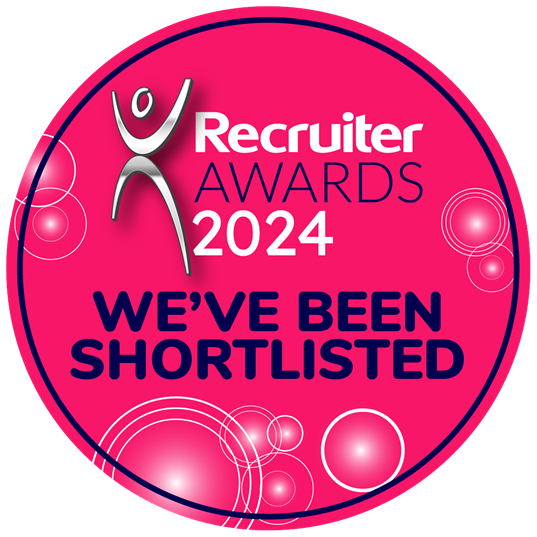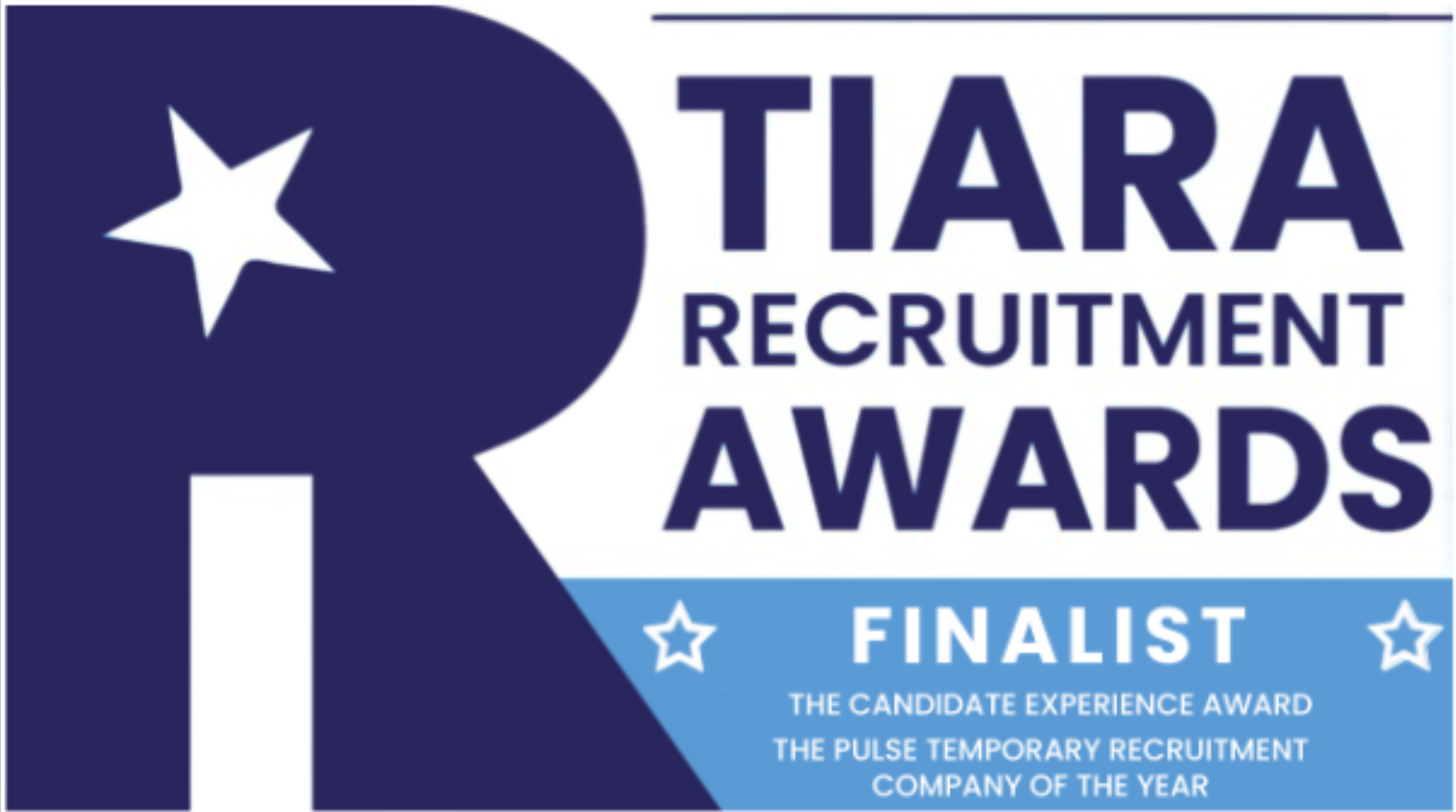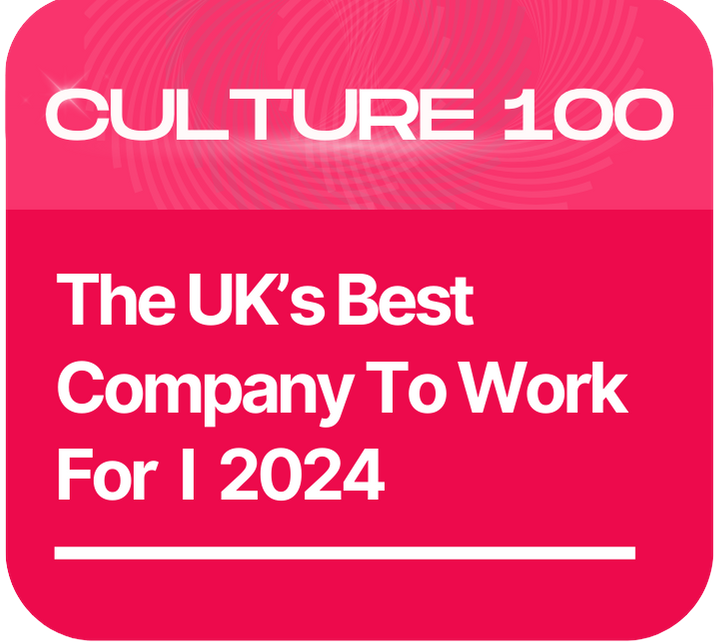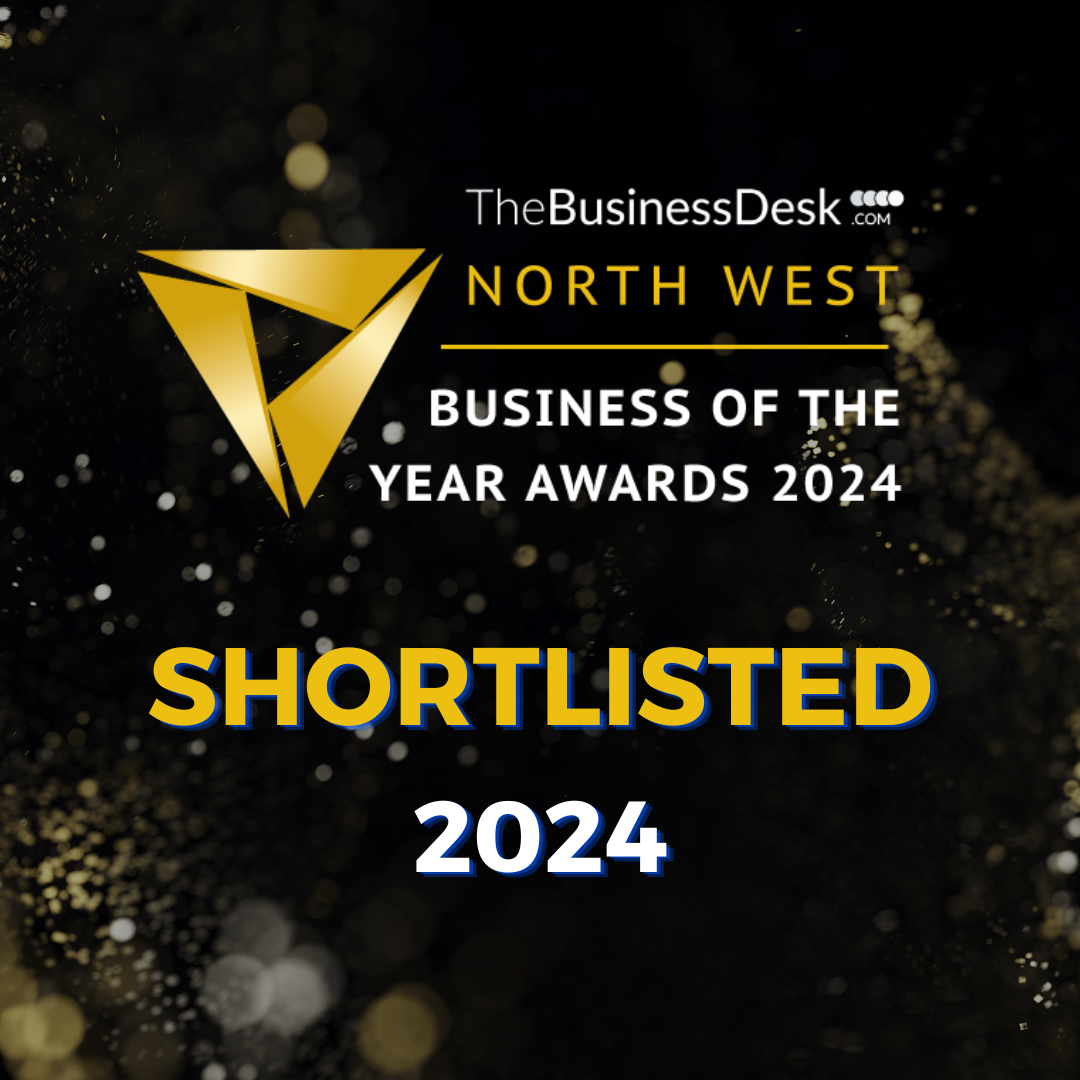Unlocking Opportunities in Data Centre Recruitment: A Comprehensive Guide

Welcome to our data centre recruitment insight blog! If you’re aiming to excel in the data centre industry, understanding the sector, exploring available roles, tailoring your CV, acing interviews, and staying updated with industry trends are essential steps. In this comprehensive guide, we’ll delve into each of these aspects to help you thrive in the dynamic and evolving world of data centres.
Understanding the Data Centre Sector
A Data Centre is a facility that houses a company’s IT operations and data storage. Large tech companies such as Google, Amazon, Microsoft, Facebook etc. Require large buildings (Data Centres) to store all of their data. V7 recruit the construction professionals that help build the data centre, prior to the data being installed. We do this on projects across UK, Ireland and Europe, and more recently further afield in Countries such as Malaysia, Austria and Saudi Arabia etc. Which plans to further expand Globally in the coming years.
We work with Main Contractors, Sub-contractors, Consultancies and End Clients.

Main Contractor – This is a contractor who undertakes the entire construction of a project, but who will usually sub-let parts of the works to subcontractors.
Sub- Contractor – They undertake a specific package of work from the main contractor E.g. Electrical, Mechanical, CSA.
Consultancies – This is a contractor that works on behalf of the End Client. They are the eyes and ears for the client on the site.
Design Consultancies – They carry out the initial design of the data centre project, including all the external and internal equipment. They also work with the client and contractors to make design amendments through the construction phases.
End Clients – This is who the build is for. E.G Google, Microsoft, Apple etc.
The Roles Available
Within the Data Centre sector, the roles we typically recruit for include:
- Project Directors
- Project Managers
- Commercial Managers/Quantity Surveyors
- Construction Managers
- Site Managers
- Supervisors
- Commissioning Managers
- Design Engineers
- Business Development Specialists
- Mechanical/Electrical Engineers
- Project Engineers
- QAQC
- Health and Safety Specialists
Tailoring Your CV
When crafting your CV for the data centre industry, emphasise relevant skills and experiences:
- Highlight Technical Expertise: Showcase proficiency in networking, server management, virtualisation, electrical or mechanical qualifications and data centre operations.
- Detail Certifications and Training: List industry-specific certifications like Site Management Safety Training (SMSTS), Construction Skills Certification Scheme (CSCS)
- Quantify Achievements: Use quantifiable data to showcase your accomplishments, such as reducing downtime, improving efficiency, or enhancing security measures.
Interview Tips
- Understand the Role and Industry: Research the data centre construction industry, its trends, challenges, and common practices. Familiarise yourself with the specific role you are applying for, including its responsibilities and requirements.
- Highlight Relevant Experience: Showcase your experience in construction projects, especially those related to data centres or similar high-tech facilities. Discuss your roles, accomplishments, and how they align with the requirements of the job.
- Highlight Team Collaboration Skills: Emphasise your ability to work effectively in a team, crucial for the seamless building of a data centre.
- Demonstrate Project Management Skills: Detail your experience in managing construction projects, including scheduling, budgeting, risk assessment, and problem-solving. Highlight your ability to coordinate multiple teams and stakeholders.
- Prepare for Technical Questions: Anticipate technical questions related to your domain and be ready to provide precise and clear answers.
Keeping Up with Industry Trends
- Subscribe to Industry Publications: Subscribe to reputable sector related magazines, journals, and newsletters that frequently feature articles about data centre construction and related trends. E.g. Data Centre Dynamics
- Green Data Centres: Learn about the adoption of sustainable practices and renewable energy sources to minimise the environmental impact of data centre operations.
- Security Enhancements: Keep up with advancements in data centre security, including AI-powered threat detection and enhanced encryption techniques to safeguard sensitive data.
- Hybrid and Multi-Cloud Strategies: Understand the trend towards hybrid and multi-cloud environments, enabling flexibility and scalability in data centre operations.
The data centre industry is fundamental to the digital world we live in, ensuring seamless data accessibility and security. By understanding the sector, tailoring your CV, acing interviews, and keeping up with industry trends, you’ll position yourself for a successful and impactful career in data centre operations.
If you’re interested in joining the Data Centre sector, or looking for a new role, from our initial call, through all the stages of the recruitment process, we will guide you at every step of the way. We aim to be as transparent and trustworthy as possible, so that you can be honest and open about your thoughts, experience, and how you feel we can assist to make sure you receive the best job opportunity.
Our services don’t stop at the offer of a new opportunity, we will stay connected following your new start and make sure that you are enjoying your new place of work. We like to build a working relationship with our candidates, so we can assist you again in the future, when you are next looking for another opportunity. Get in touch with our expert team today and find out more.
Explore Live Job Roles Here
Fire & Security Compliance Guide for 2026
GET IN TOUCH

